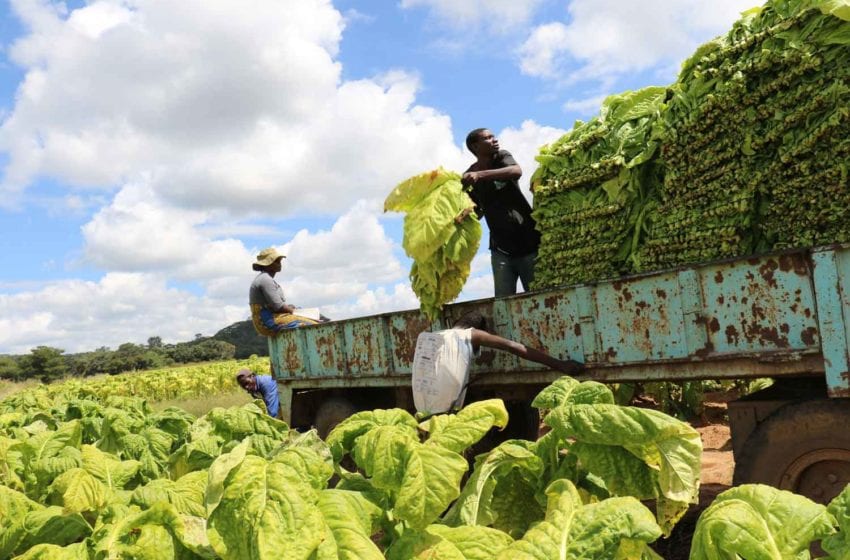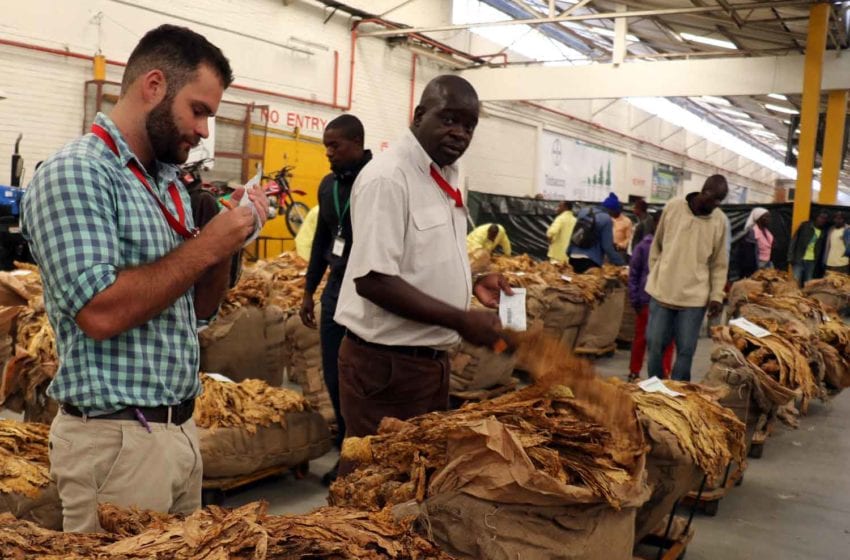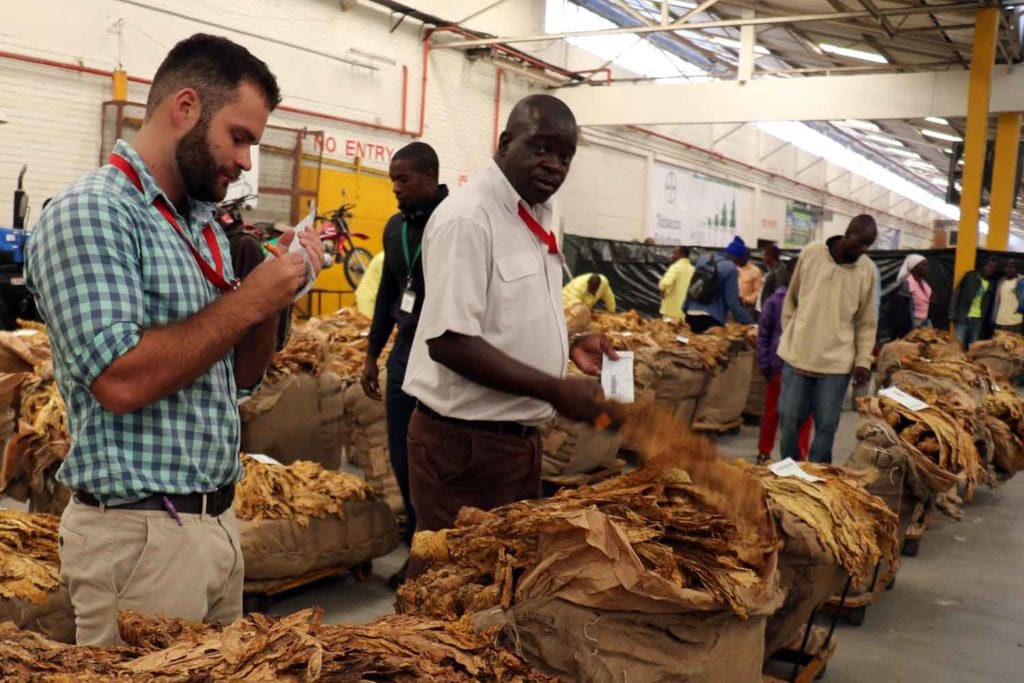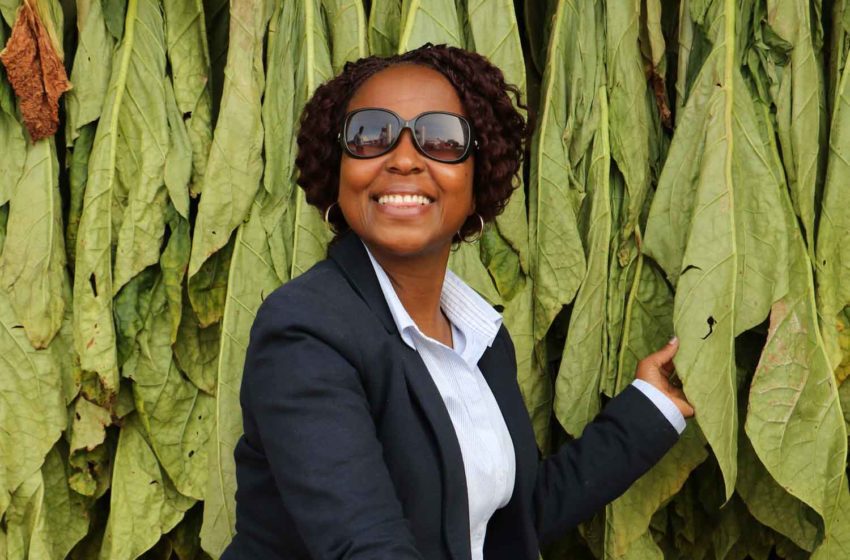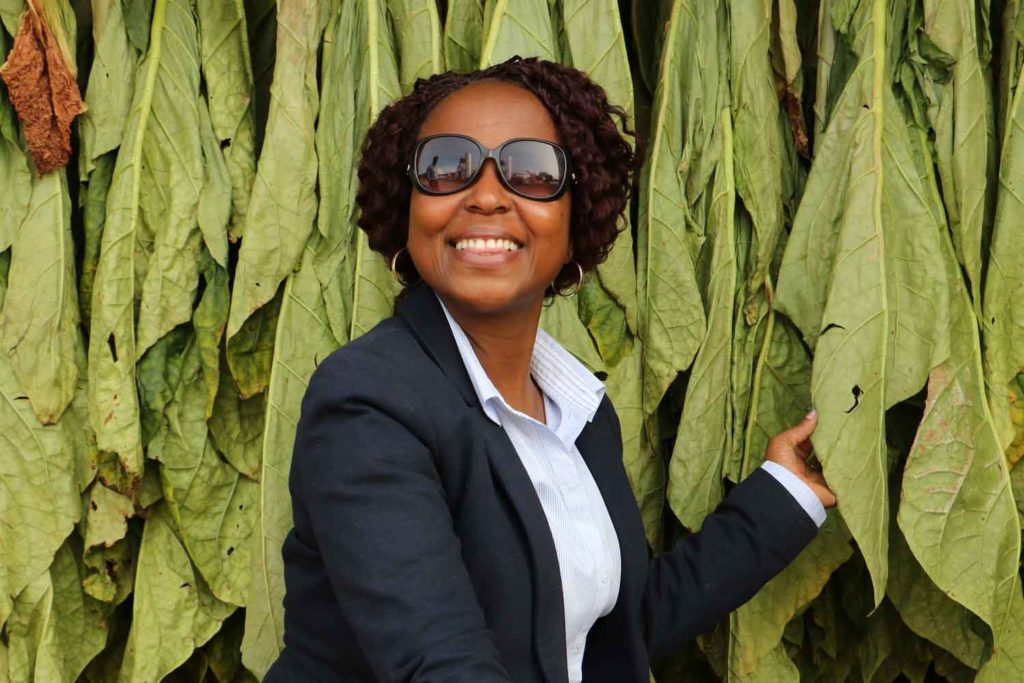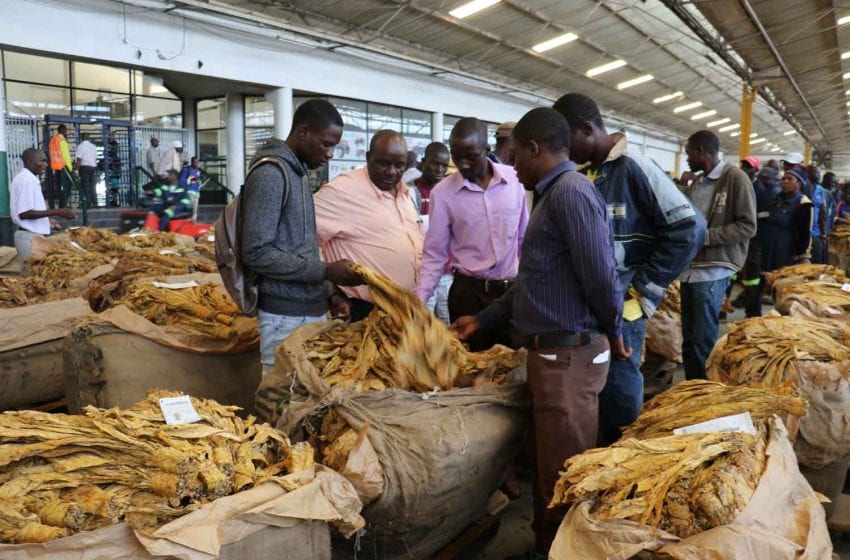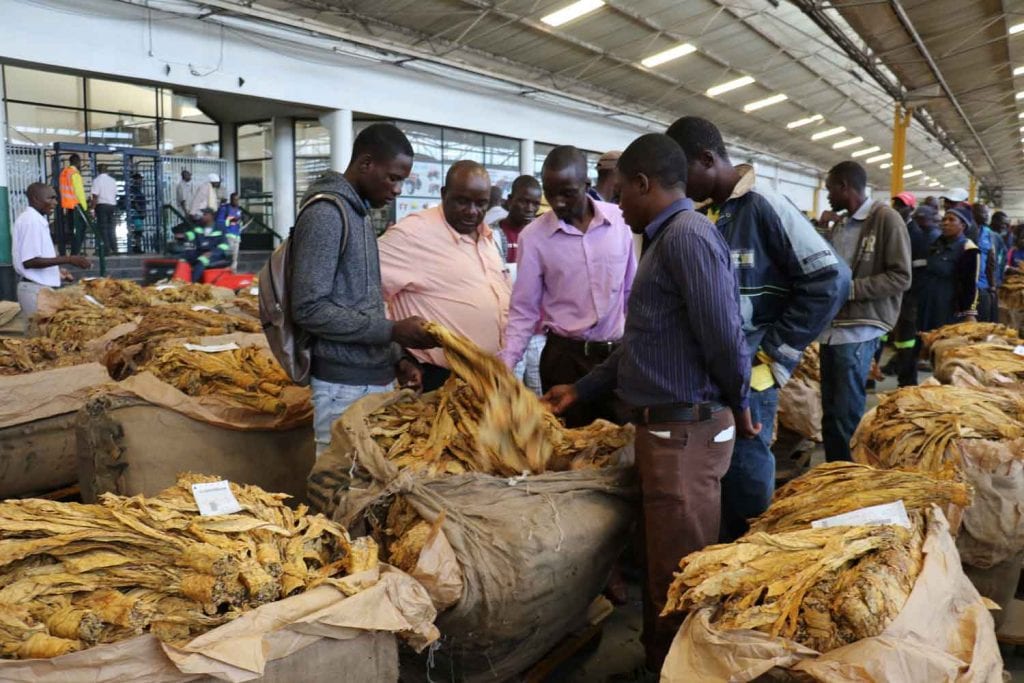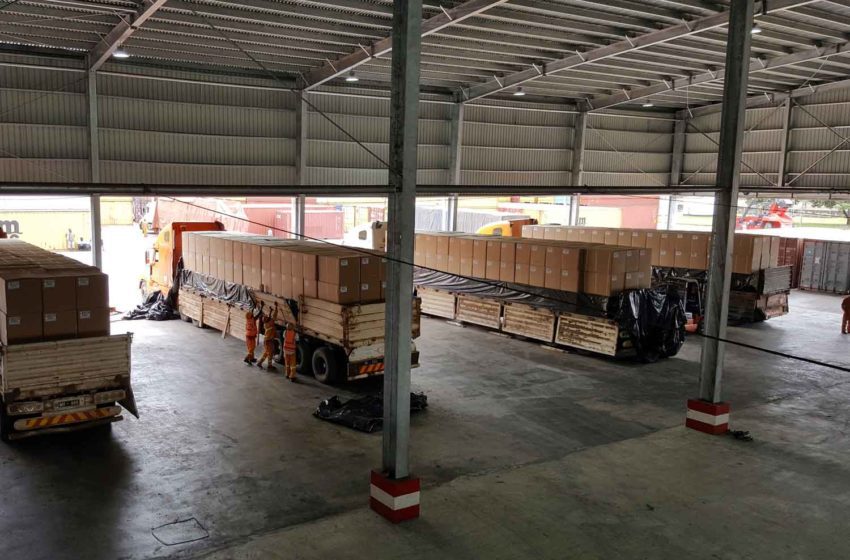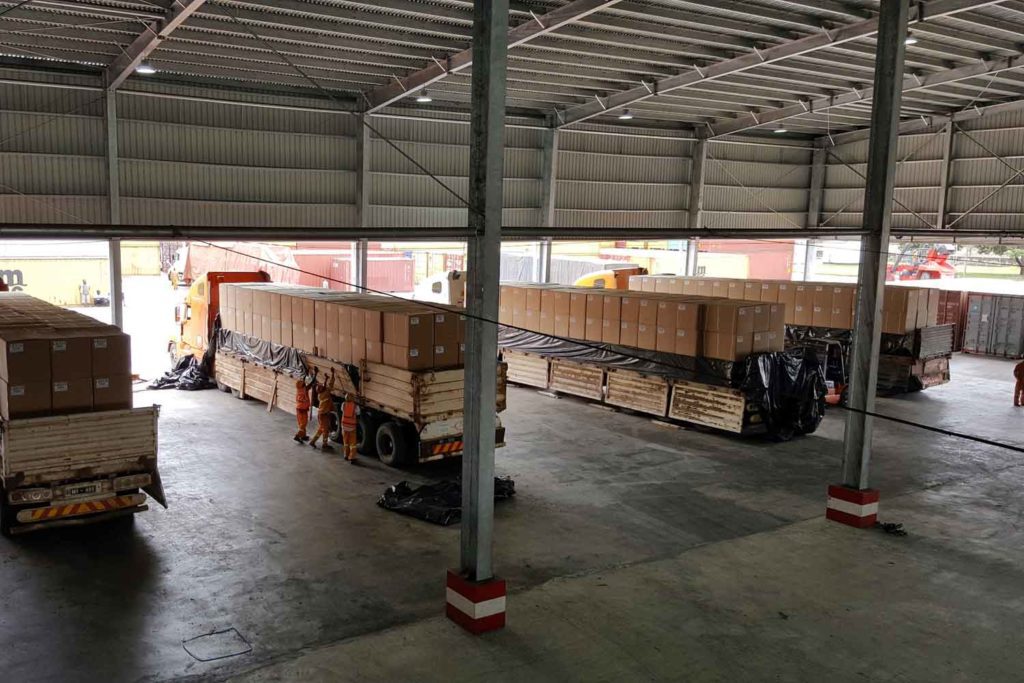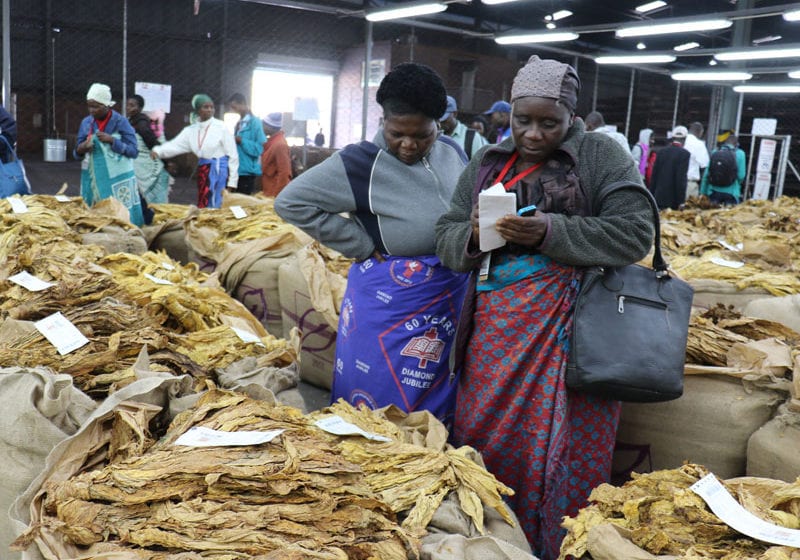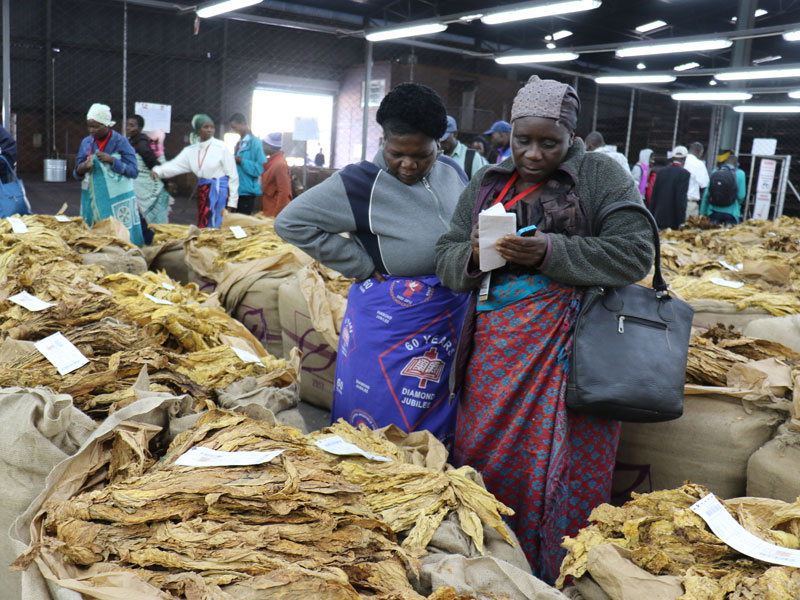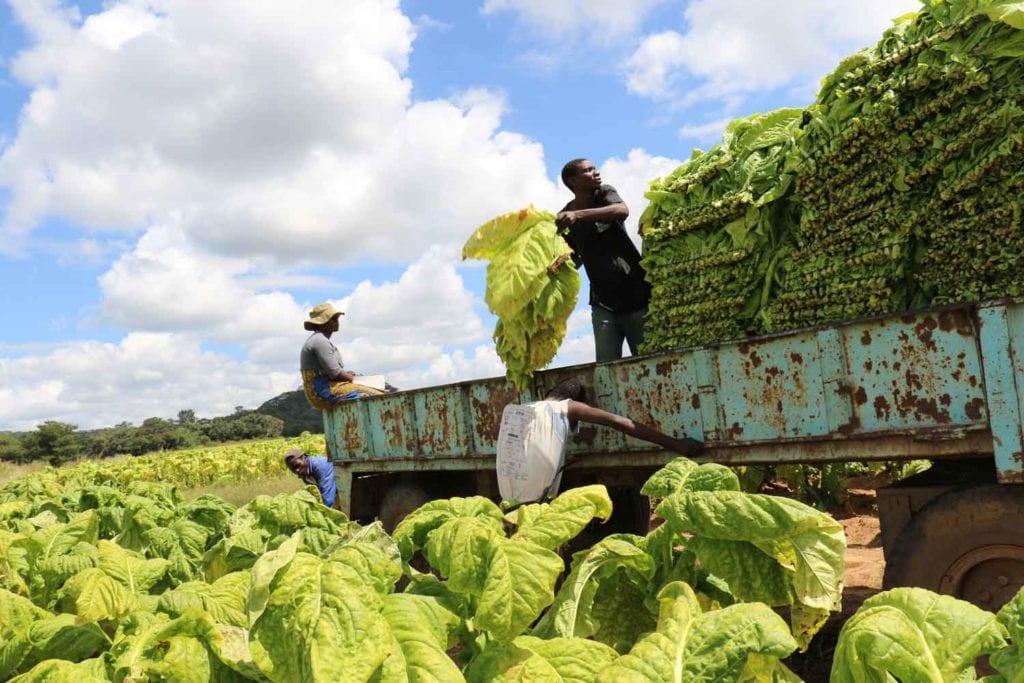
Zimbabwe is expecting good quality tobacco leaf this year despite an expected reduction in output. The quality should attract higher prices, according to xinhuanet.com.
The anticipated reduced volumes are likely to push demand and selling price up, according to Tobacco Industry and Marketing Board Chief Executive Meanwell Gudu.
Tobacco hectarage for the season declined by 11 percent, according to results of the first-round crop and livestock survey for 2021–2022.
“Due to anticipated reduced volumes in Zimbabwe this season, there will be more pressure on the demand side to take the crop, which should naturally increase prices upward. This is likely to be experienced in the medium to filler grades,” Gudu said. Top-quality grades for premium brands are likely to remain unchanged, he said. The current price for top-quality grades ranges from $3.50 to $5.40 per kg.
“The high-end market for this grade has reached its ceiling in price increase. The major market for these grades is in China, and there are no indications to change prices upward,” Gudu said.
“We expect top-quality grades. The irrigated crop is medium[-bodied] to heavy-bodied, predominantly lemon in color and reflecting a fair to good quality.
“The main dryland crop is medium-bodied in the commercial sector whilst being light[-bodied] to medium-bodied in the smallholder sector. The late dryland crop has poor stand due to prolonged dry spell, which was experienced post-planting time toward the end of December.”
“Brazil is likely to be 80 million kg short of their usual production level because of drought. This creates less competition for us,” Gudu said.
“Some kind of hoarding of tobacco is likely to happen that may influence prices to be better because of disruptions in logistics caused by Covid-19,” he added.
“Supply chains were disrupted from 2020 into 2021 due to shortage of vessels and closure of some shipping lines. Now that the world has lifted the Covid-19 restrictions and uncertainty in the possibilities of other waves, customers are likely going to grab this opportunity to stock up their tobacco, thereby increasing artificial demand,” Gudu said.
Zimbabwe sold 186.6 million kg of tobacco leaf valued at $515.9 million during the 2021 marketing season, up 16.8 percent in volume and 31 percent in value over 2020 sales.

